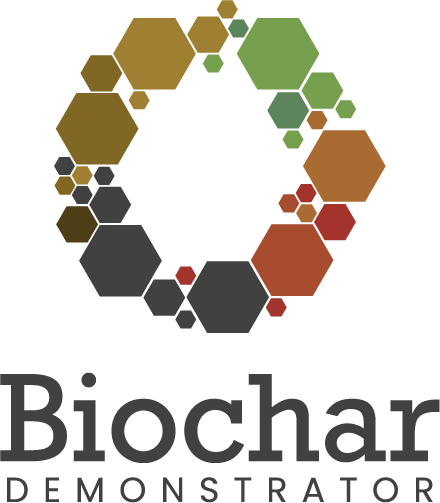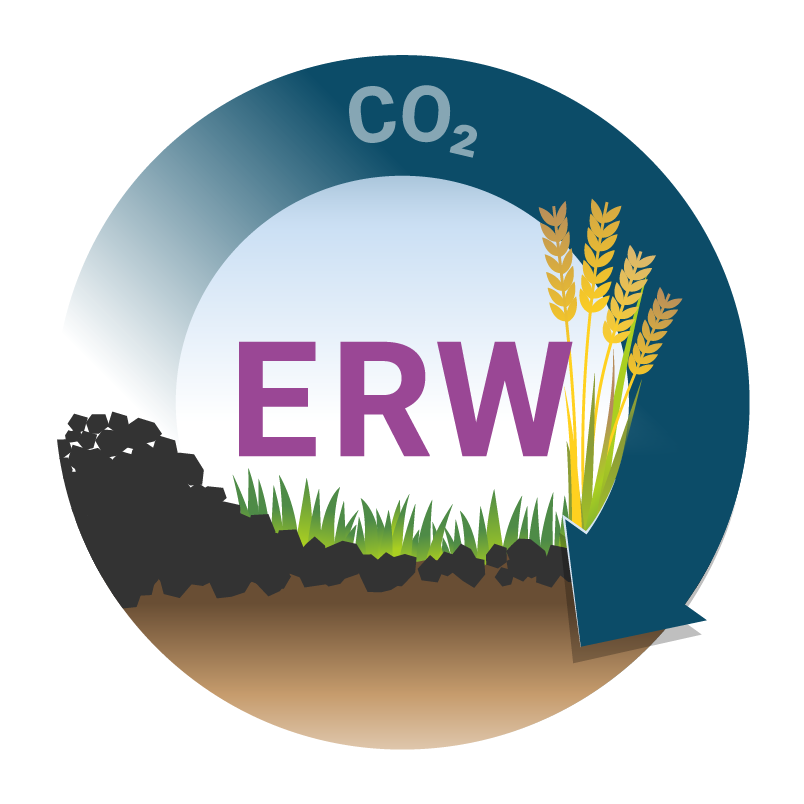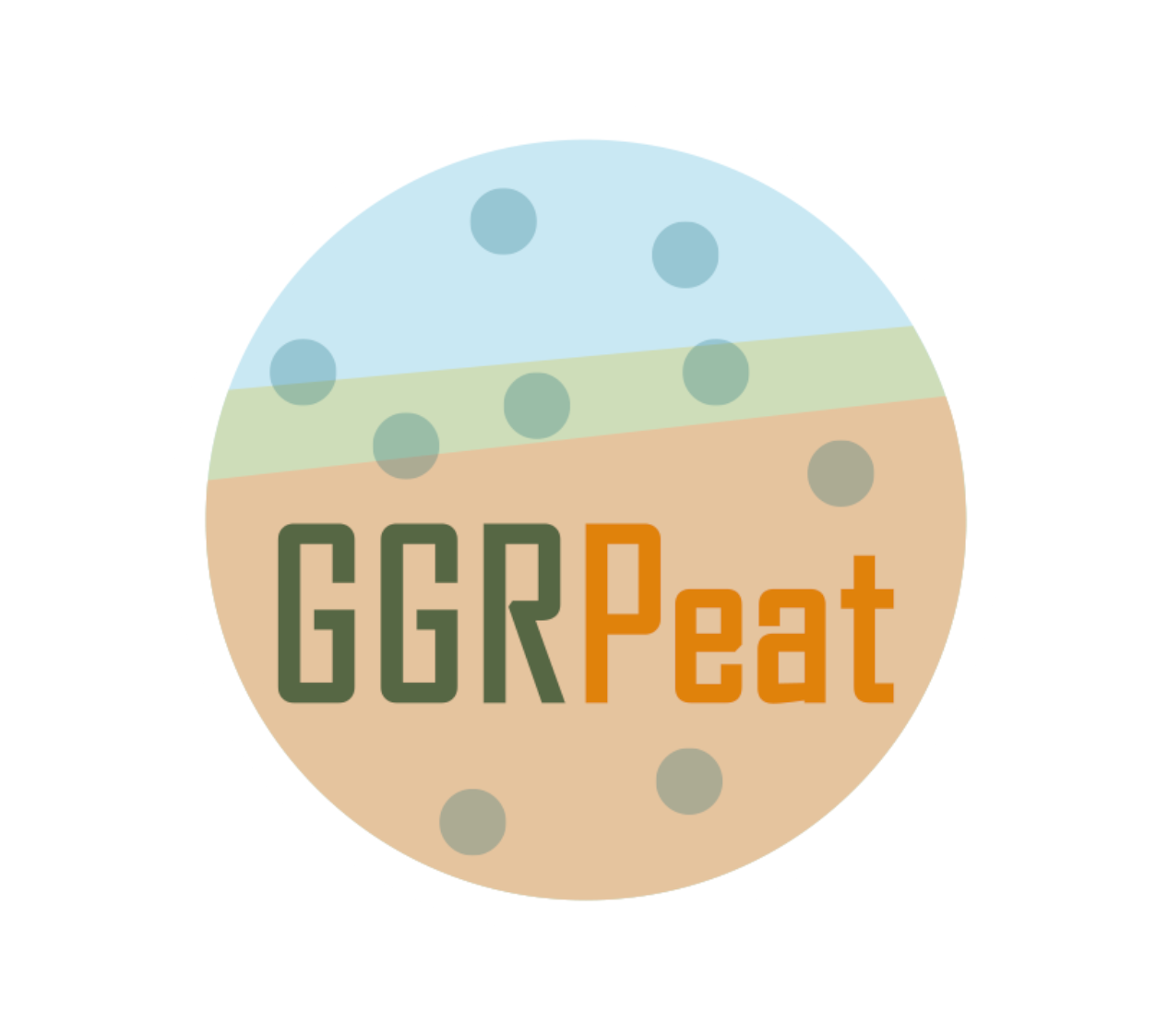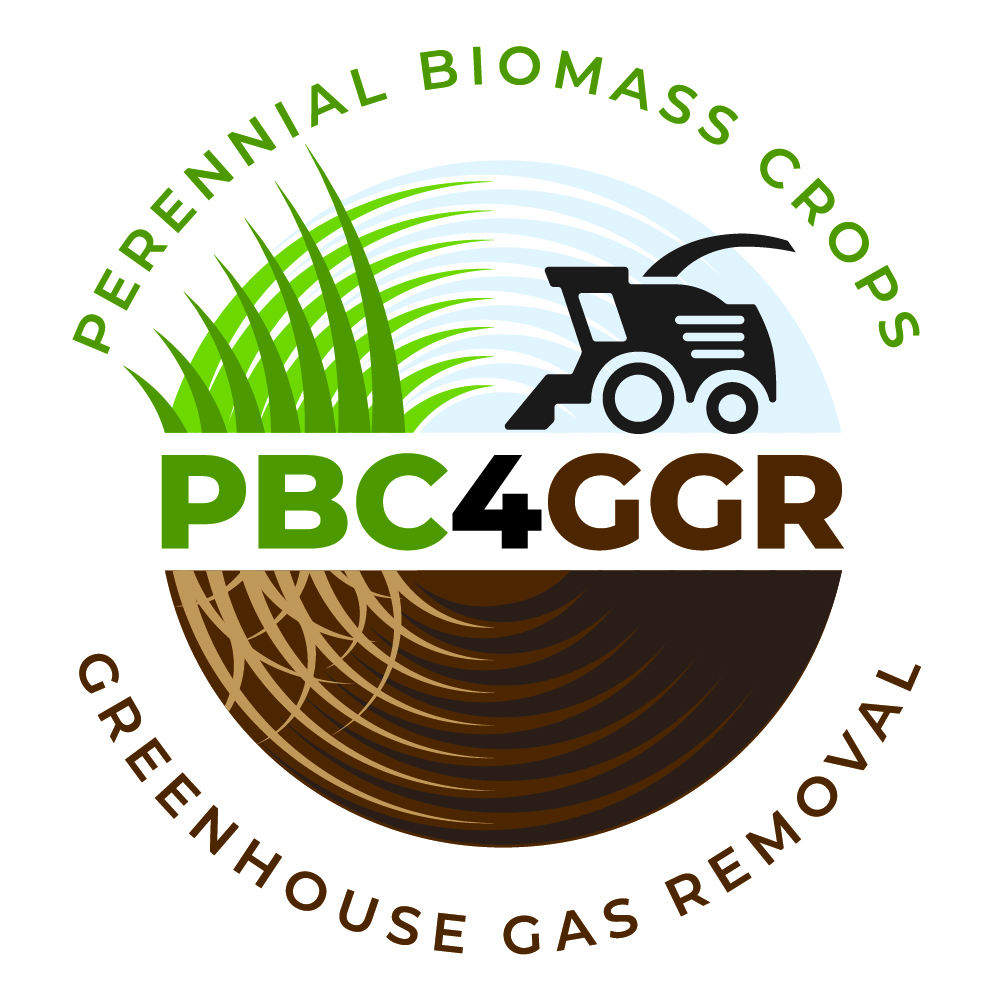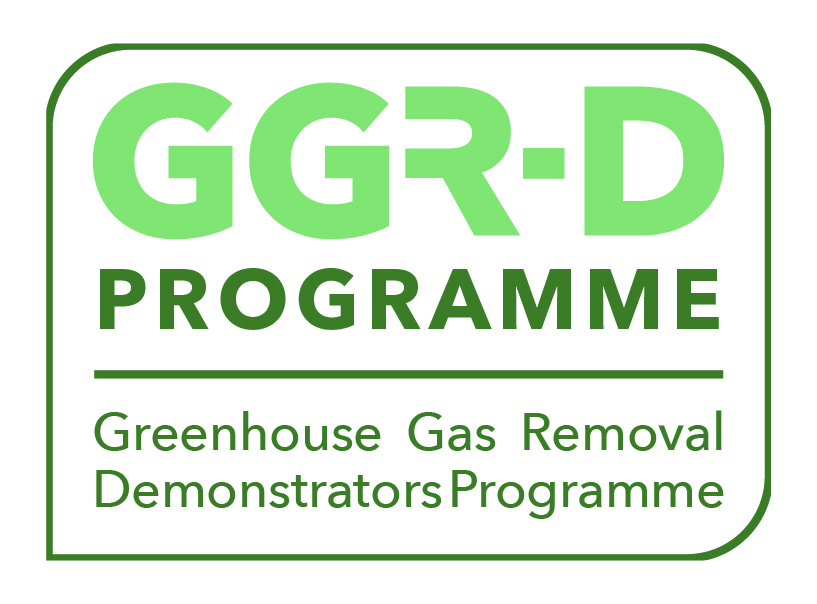Home >
Explore the Greenhouse Gas Removal Demonstrators (GGR-D) Programme
UKRI is funding CO2RE and five interdisciplinary GGR Demonstrator projects, each researching a GGR method over the next four years.
The results will be used to shape government decision-making on the most effective technologies to help the UK tackle climate change and reach net zero. Find out about each GGR project via the interactive map and by watching the video below. You can also watch short documentaries about each project here.
Please note that locations are not exact.
- CO2RE
- Biochar
- Enhanced Rock Weathering
- Peatlands
- Perennial Biomass Crops
- Woodland Creation & Management
- All Sites
Find out more about the GGR-D Programme

What is Greenhouse Gas Removal?
Our FAQ page answers questions around Greenhouse Gas Removal, including why we need it, what the different types of GGR are and how they can be pursued.
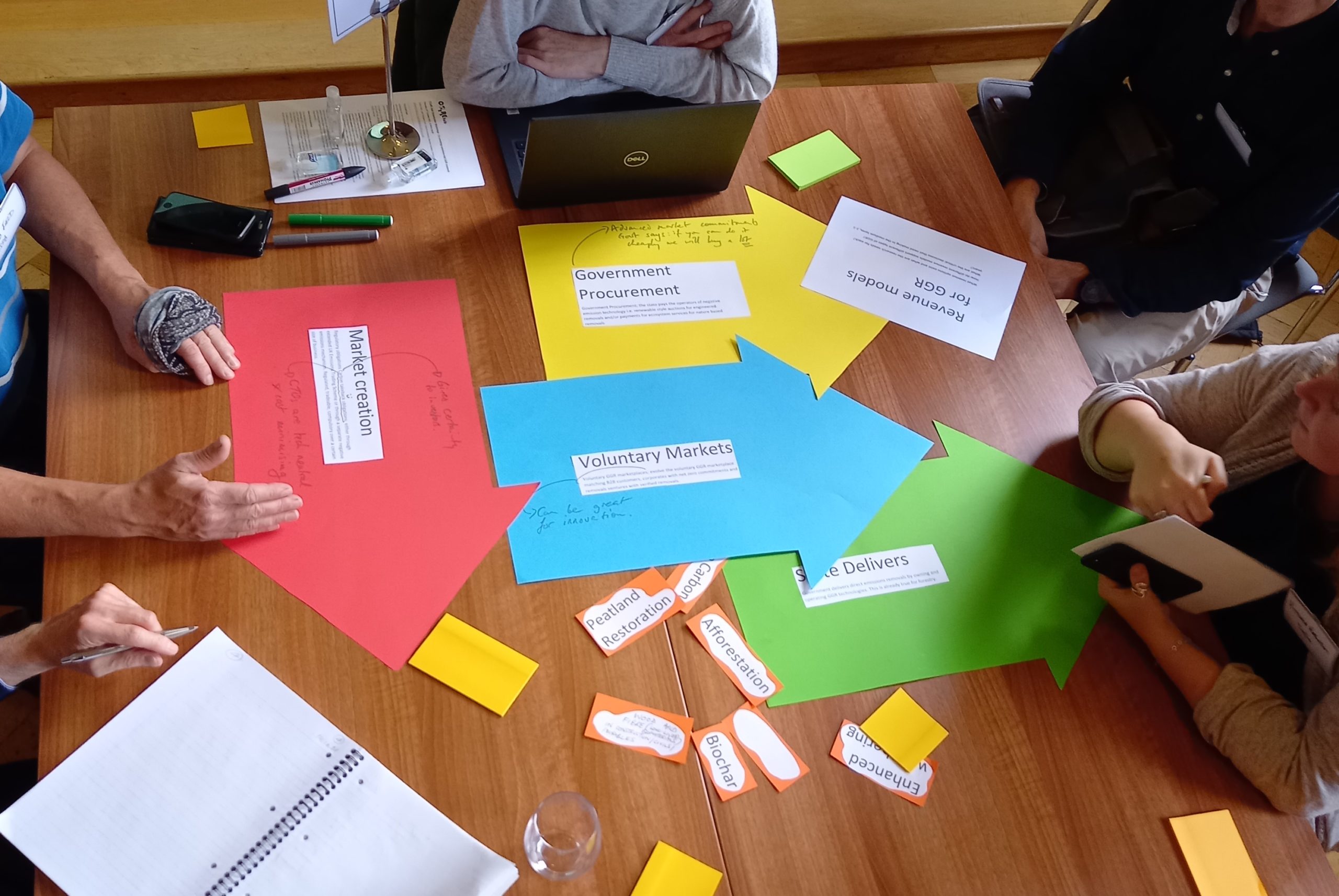
Community
CO2RE holds a £1 million Flexible Fund which will be used to fill in gaps and needs identified in the GGR community during the lifetime of the Programme. The fund will support work to address research and engagement gaps through three approaches.

Publications
Browse the latest publications from members of the CO2RE team, including articles in leading journals, policy briefings and reports on a range of aspects relating to GGR.
Events

The UK GGR Event
Event date - September 29, 2025
The CO2RE Hub and GGR-D Programme are excited to be hosting the UK GGR Event, taking place at the Royal Institution in central London ... Read more

GGR Insights: What types of CDR are ‘nature-based solutions’?
Event date - July 2, 2025
This is the third in our series of online webinars, GGR Insights, presenting the latest research and debating what is needed to enable ... Read more

GGR Insights: A taxonomy of policies to support carbon dioxide removal
Event date - June 18, 2025
This is the second in our series of online webinars, GGR Insights, presenting the latest research and debating what is needed to ... Read more

